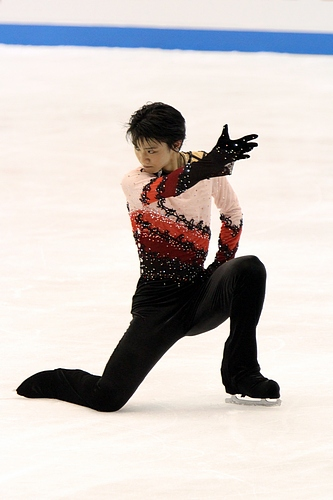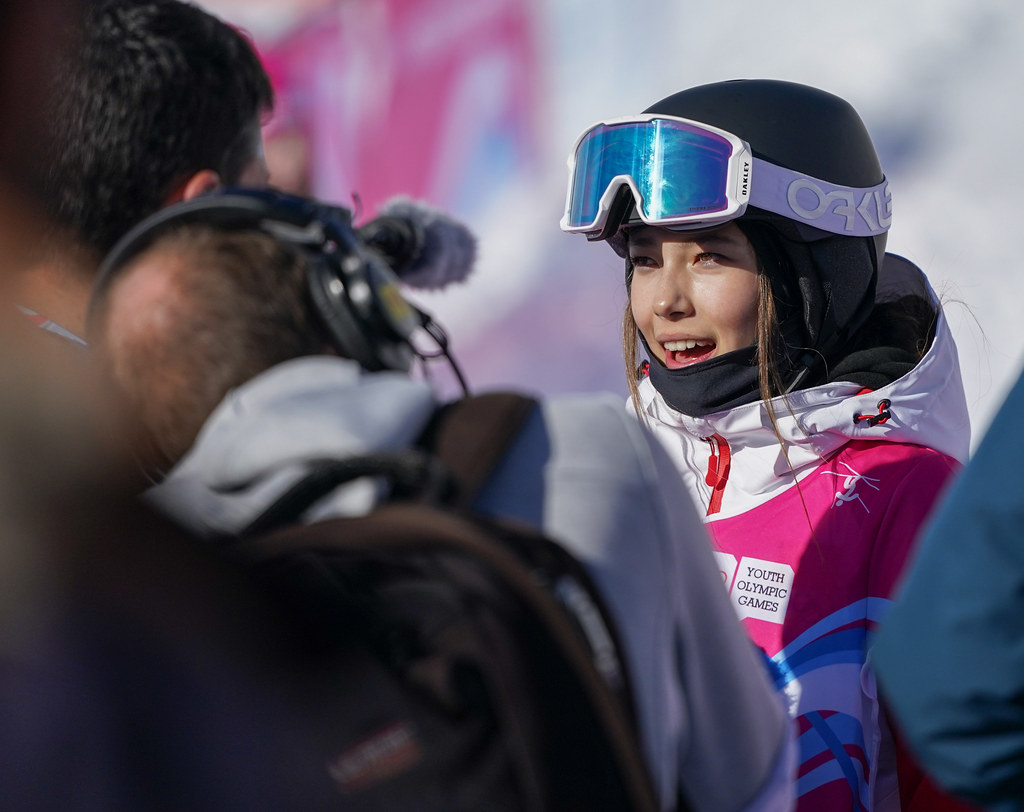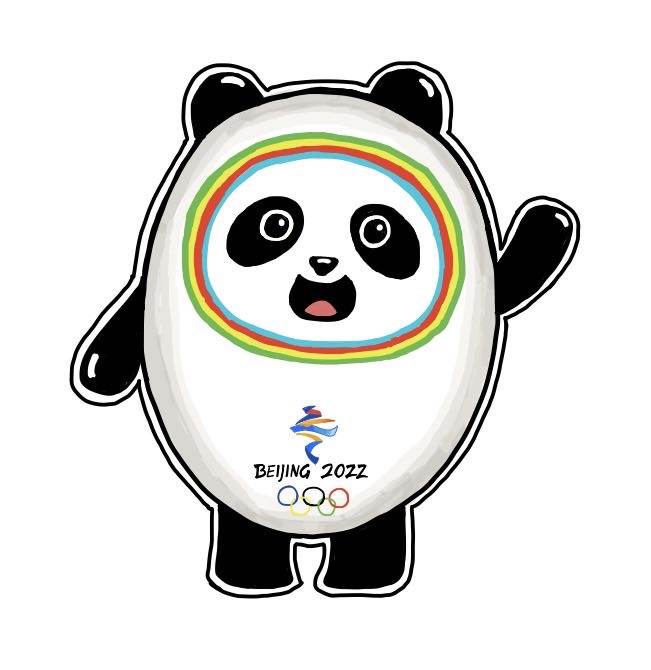Over the past several weeks, my favorite entertainment during study breaks has been watching news and highlights about the 2022 Winter Olympics. Taking place in my hometown of Beijing and the nearby city of Zhangjiakou, the Olympics has attracted global attention with its use of novel technology, innovative venue design and controversies surrounding the American diplomatic boycott of the games and the cited Chinese human rights violations.
Here, I highlight what several Stanford students are paying close attention to among all the events.
U.S. boycott
The Beijing Olympics is taking place amid a boycott by several countries on the grounds of China’s human rights violations, such as the repression of the Uyghurs. The U.S. first called for all U.S. officials to be barred from attending the Olympics before permitting 18 officials to attend to provide “consular and diplomatic security services” to American athletes. No high-ranking U.S. officials attended the opening ceremony.
When I initially asked for his opinion on the boycott, Brandon Rupp ’25 expressed that the one emoji he would give in response would be a “shrug.” However, as he researched the issue and engaged in discussions with his friends, he came to believe that “the argument to ‘separate politics from sports’ is quite an irritating one considering the context of the Olympics and its use in the past by horrific nation-states in order to sportswash, or use a sporting event to cover up their corruption and abuse.”
Rupp went on, “I find it fascinating just how much the International Olympic Committee has gotten away with, ranging all the way back to the shameful 1936 games in Nazi Germany.”
Mascot
Chinese natives at Stanford have marveled at the heart-melting design of the Winter Olympics mascot, Bing Dwen Dwen (冰墩墩), literally translating to “ice chubby child,” connoting robustness and youth. Official merchandise featuring the panda bear in an astronaut uniform, symbolizing new technologies in use at the events, has quickly sold out in Chinese stores, with many having to stand in line for hours to purchase the items even after initial wares were restocked. Claire Xu ’25, a Beijing native, expressed her disappointment at not being able to obtain Bing Dwen Dwen merch at Stanford and posted her drawing of the mascot on her social media instead.
Men’s figure skating: Yuzuru Hanyu
The event that I and the entire Chinese nation have been paying the greatest attention to is men’s figure skating, specifically the performance of former two-time Olympic champion Yuzuru Hanyu. The Japanese skater formerly impressed me not only with his technical perfection — he was the first skater in history to successfully land a quadruple loop in a competition — but also his flawless, graceful expression and radiant good-nature. His every move melts into the next like that of an experienced ballerina, leading the audience into fantasy worlds one after another. I always watch until the very end for the moment when Winnie-the-Pooh bears brought by his fans rain down the ice rink and his face beams up with a satisfied smile. However, in the men’s singles event at the Beijing Olympics, he finished fourth due to an under-rotation error in his short program, among many others. I and many other friends on social media teared up watching him walk away from his last set, unable to make history as the first skater to successfully land a quad axel jump.

Men’s figure skating: Nathan Chen
At the same time, Team U.S.A. skater Nathan Chen won the gold medal and set a world-record short program score. Many members of the Asian community at Stanford have cheered Chen for his feats on social media. Emma Su ’25 has been following Chen’s journey since his competitions in the junior nationals and was greatly inspired by his achievements. “He had such a tough skate at the 2018 Olympics in Pyeongchang,” Su told me. “His 2022 gold seemed very deserving. Seeing an Asian American representing Team USA and making history like that was very inspiring.”

Freestyle skiing: Eileen Gu
Perhaps no event has attracted greater attention from the Stanford community than the victory of Eileen Gu ’26, an incoming Stanford student and Team China celebrity who recently claimed both a gold and a silver medal. Watching her performance after the fact, I was most impressed with her ability to mount challenges in a high-pressure environment. After two initial unsatisfactory runs, facing a VIP crowd and the attention of fans who have idolized her as the “ice princess,” Gu managed to land the double cork 1620, a move that she had never successfully completed in training or competition. Some in Gu’s native country of the U.S. have criticized her for “betraying” her American roots and ignoring Chinese human rights violations by competing for China. Regardless, Gu is still boldly realizing her full potential in the subsequent events and enjoying the process of chasing her dreams.

Despite the controversy sparked by the U.S.-led boycott, the origin story of the Olympics teaches us that the Games are still a great chance for countries to increase their trust in one other and develop a more cooperative relationship. Simultaneously, the Olympics continues to be an opportunity for political leaders like Chinese president Xi Jinping to strengthen nationalist sentiment and mobilize their country against foreign powers. Most of all, the Olympics provides a stage with vast potential where individual athletes can bond with those normally separated from them by national or linguistic barriers. It is a stage where the young bring new possibilities and innovation. Stanford students’ attention to the events tells us that Olympic athletes continue to inspire them to strive for the better and bring pride to their families and heritage — and that the Olympics itself evokes reflections on questions of justice and democracy.
